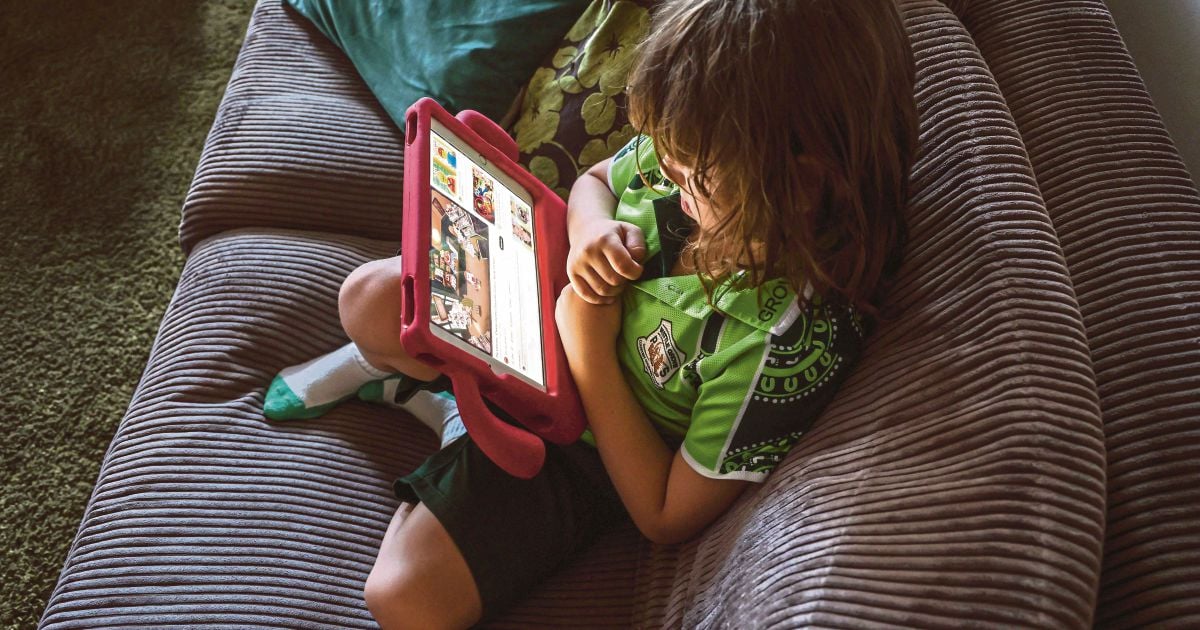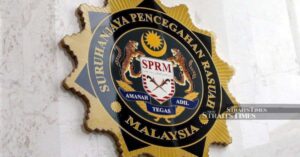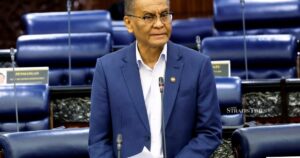ONLINE platforms will ping Australian teenagers through over a million accounts in coming days offering a choice: download data, freeze profiles or lose the lot when a world-first ban on kids using social media starts on Dec 10.
TikTok, Snapchat and Meta’s Facebook, Instagram and Threads were poised to deactivate accounts registered by users under 16, said five people with knowledge of the plans.
Australia’s remaining 20 million social media users — four-fifths of the population — could expect little interruption, said the people, as platforms promise low-fuss compliance with a law that puts Australia ahead in the protection of youths online.
The picture is a departure from the chaotic scenarios painted during a year of protest by platform operators fearing a loss of users as well as a A$49.5 million fine for noncompliance.
Firms had argued mandatory age checks would subject users to endless log-ins, be invasive or inaccurate and be easy to circumvent.
In practice, social media firms would lean on software already employed to guess age based on engagement through “likes”, for instance, rather than the frequent input and verification of birth dates, said the people.
With that software long-established, having originally been developed for marketing, firms would generally resort to so-called age assurance apps only when users complained of being incorrectly blocked, said the people.
Still, the approach is open to teething problems.
Anyone can contest bans through age assurance apps which are being deployed at scale for the first time and which trials showed worked but sometimes with unacceptable error rates — typically along the lines of blocking 16-17 year-olds or approving 15 year-olds, with latter cases potentially exposing companies to fines.
For those directed to age assurance apps, disruption would still be minimal, said Julie Dawson, chief policy officer at Yoti, which provides age assurance for Facebook, Instagram and TikTok.
“There’ll be a maximum of two to three weeks of people getting to grips with something that they do daily, and then it’s old news,” she said.
Meta, Snapchat, TikTok and Google, owner of video-sharing platform YouTube, declined to comment.
In parliamentary hearings last month, all but Google said they planned to comply and would contact young users, without elaborating.
Governments have been grappling with how to protect children online since Meta documents leaked in 2021 showed awareness of social media’s harm to teenagers.
In 2024, bestseller The Anxious Generation and a campaign by News Corp’s Australian arm helped spur political action.
The new law navigated opposition from free speech crusaders and child rights advocates, as well as social media firms and content creators. It gives platform operators until next month to implement means of blocking minors without the need for parental discretion.
TikTok, which said it has 200,000 Australian users aged 13-15, told parliament it is designing a button for reporting suspected underage users.
The only Australian-owned firm under the ban is livestream platform Kick, whose moderation came under scrutiny this year following a livestreamed death. A spokesman said Kick “will be compliant” and “intends to introduce a range of measures”.
Platforms would likely direct users to third-party age assurance apps only if the user believed a platform’s built-in software guessed the wrong age, said people with knowledge of the matter.
These apps guess age based on a selfie. If the user believes that is also wrong, they can upload an identification document.
People aged 16-17 are most at risk of disruption because the accuracy of photo-based age estimation dips for people in that range, who are also less likely to have documents such as a driving licence. About 600,000 Australians are aged 16-17, government data showed.
“A lot of the technological methods of age verification will fail in that narrow band,” said Daswin De Silva, a professor of computing at La Trobe University.
For people wrongly barred, “it’s probably going to be service distortion, service failure, for a couple of days or weeks maybe until the platforms figure this out”.
Smooth implementation of the new law is likely to shape global efforts to limit youth exposure to technology linked to mental and physical dangers such as bullying and obesity.
The writer is from Reuters
© New Straits Times Press (M) Bhd






